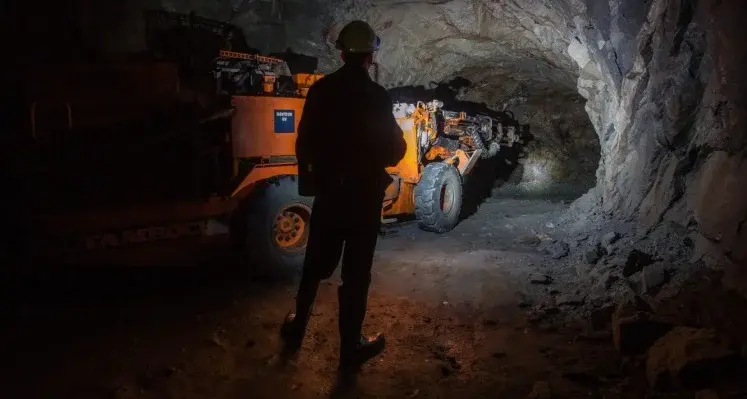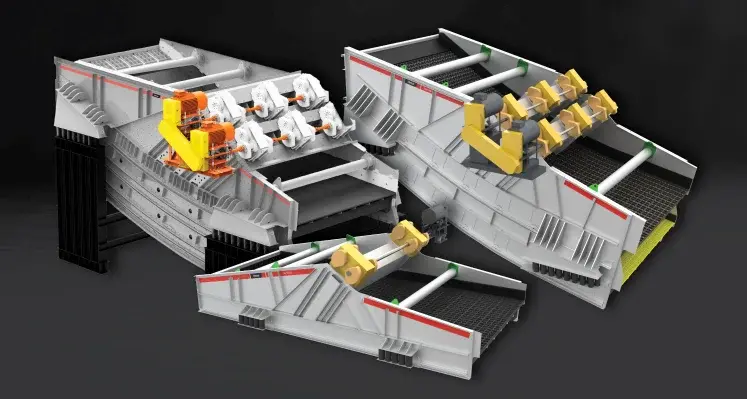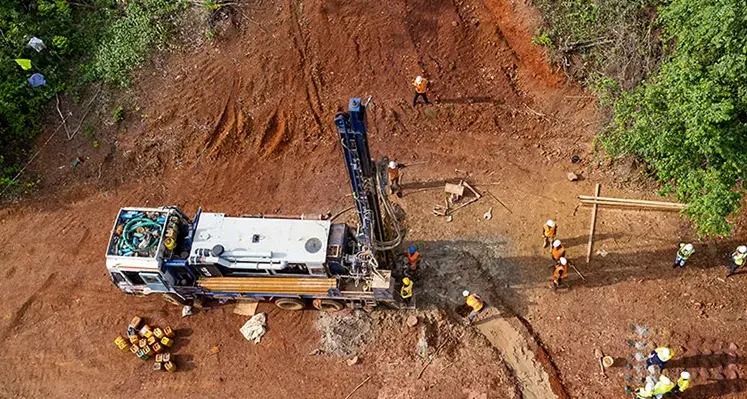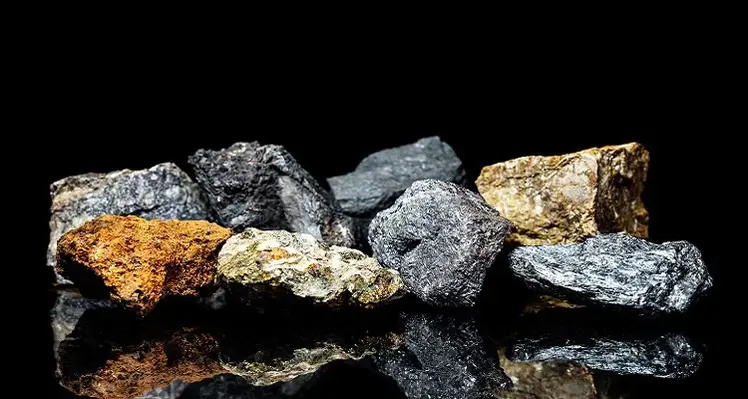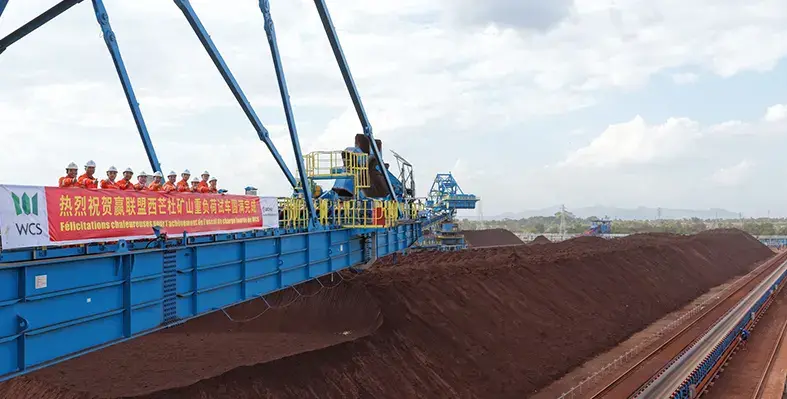West Wits Mining has officially commenced operations at the Qala Shallows Underground Mine, marking South Africa’s first new underground gold mine in 15 years
The development represents a major step forward for the company and strengthens the long-term trajectory of the Witwatersrand Basin Project.
A ceremony west of Johannesburg gathered senior government officials, industry leaders, diplomats, and community representatives. Among the attendees were the Minister of Mineral and Petroleum Resources, Gwede Mantashe (or senior departmental delegates), Australian High Commissioner Tegan Brink, Minerals Council South Africa CEO Mzila Mthenjane, as well as investors, partners, and local stakeholders.
During the event, West Wits CEO and Group Managing Director, Rudi Deysel, underscored the project’s significance as a resurgence of confidence in the Central Rand’s geological promise.
“For years, many believed the Central Rand had reached the end of its mining life, but Qala Shallows shows that with rigorous geological work, clear planning and disciplined execution – and strong cooperation between government and business – new underground gold mines can still be developed in this district,” Deysel said.
“The Witwatersrand built Johannesburg and shaped our economy, and it still holds substantial potential for the future.”
Deysel acknowledged the contributions of government partners, lenders, surrounding communities and industry collaborators, crediting them with the successful realisation of the project.
“Together we have brought a new mine to life in one of the world’s most historic gold districts, and today, Qala Shallows starts a fresh chapter for the Witwatersrand and for South African gold mining.”
Development status and production outlook
Since work began in July 2025, construction and underground development at Qala Shallows have progressed smoothly, with all key milestones met within schedule. The project delivered its first ore to surface in October 2025, and all essential underground systems required for the production phase have been completed. Surface ore stockpiles continue to grow and are expected to reach around 30,000 tonnes before the initial gold pour planned for March 2026.
Long-term role in West Wits’ growth plans
Bringing Qala Shallows online transforms West Wits from a developer into an operating gold producer, reinforcing the company’s commitment to South Africa and laying the groundwork for extended expansion within the Witwatersrand Basin Project. The broader project contains a Mineral Resource Estimate exceeding 5 million ounces³, with Qala Shallows acting as the first stage of a phased rollout. Additional development zones such as Bird Reef Central are expected to incrementally support future production targets.
These steps align with the company’s Project 200 vision, focused on achieving annual output of 200,000 ounces through sustainable, disciplined execution.
Upcoming activities
Over the coming months, West Wits will continue underground advancement and surface work at Qala Shallows as it prepares for the first gold pour in March 2026. In parallel, planning and development efforts for later phases of the Witwatersrand Basin Project will continue to move forward.








